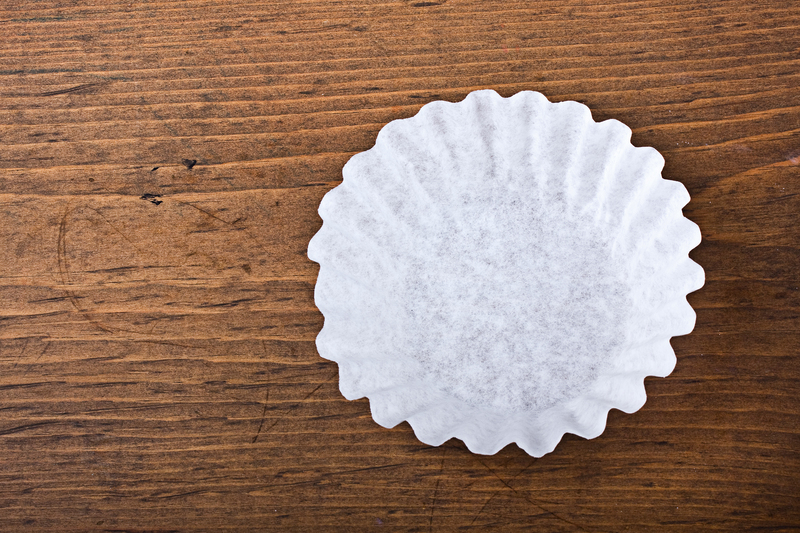Bedding Change Frequency Guide
Maintaining clean and hygienic bedding is critical for your well-being, but how often should you actually change your bedding? The answer depends on various factors including your lifestyle, health conditions, and personal preferences. This comprehensive guide will walk you through the basics of bedding maintenance, providing detailed recommendations for different types of bedding and sleeping scenarios.
Why Bedding Hygiene is Important
Bedding accumulates a mixture of sweat, dead skin cells, body oils, and even allergens like dust mites. Over time, this can create an unhealthy environment that may affect your sleep quality and overall health. Here are some compelling reasons to keep your bedding clean:
- Allergy Prevention: Dust mites and other allergens thrive in dirty bedding, exacerbating allergies and asthma.
- Skin Health: Dirty pillowcases can cause acne and other skin problems.
- Improved Sleep: Fresh bedding can contribute to better sleep quality, making you feel more rested.

General Guidelines for Bedding Change Frequency
While individual needs may vary, here are some general guidelines to follow:
Sheets and Pillowcases
It is generally recommended to wash sheets and pillowcases once a week. If you sweat excessively or suffer from allergies, consider washing them more frequently, perhaps every three to four days.
Duvet Covers
Duvet covers should be washed every two weeks to a month, depending on usage. If you don't use a top sheet, consider washing the duvet cover more frequently.
Blankets and Comforters
Blankets and comforters don't need to be washed as often as sheets and pillowcases. Aim to wash them every two to three months. Spot cleaning can address any minor spills or stains in between full washes.
Pillows
Pillows should be washed every three to six months, depending on the type of pillow. Always refer to the manufacturer's guidelines for specific washing instructions.
Factors Affecting Bedding Change Frequency
The frequency with which you should change your bedding can be influenced by several factors:
Health Conditions
If you have allergies, asthma, or other respiratory conditions, you may need to wash your bedding more frequently to minimize allergen exposure.
Pets
If you share your bed with pets, you should wash your bedding more often. Pet dander, dirt, and possible parasites can make their way into your sheets and pillowcases.
Seasons
Bedding may require more frequent washing during hotter months when you are likely to sweat more. Conversely, you can extend the interval in cooler months.
Personal Hygiene
If you don't shower before bed or go to bed with makeup on, your bedding will get dirty faster, necessitating more frequent changes.
Specific Bedding Change Recommendations
Sheets and Pillowcases
As mentioned earlier, aim to change these weekly. If you have a busy lifestyle, consider having multiple sets of sheets and pillowcases to make the swap easier.
Duvet Covers
These are usually more cumbersome to wash, especially if they are large. Aim for every two weeks to a month, but check for any signs of dirt or stains in-between washes.
Blankets and Comforters
These can be washed every three months, but remember that they may take longer to dry. Plan accordingly to ensure you have an alternative while they are being cleaned.
Pillows
Pillows are often neglected but are critical for maintaining good bedding hygiene. They can harbor dust mites and bacteria. Wash them every three to six months, and consider using pillow protectors to extend the life of your pillows and keep them cleaner for longer.
Maintenance Tips for Prolonging Bedding Freshness
Besides regular washing, here are some tips to keep your bedding fresher for longer:
- Use Mattress and Pillow Protectors: These add a layer of protection, keeping allergens and spills at bay.
- Airing Out: Air out comforters and pillows every month to reduce bacterial buildup and prevent musty odors.
- Spot Cleaning: Tackle stains and spills immediately to prevent them from setting in.
Eco-Friendly Bedding Practices
In today's environmentally conscious world, it's worth considering eco-friendly practices:
Use eco-friendly detergents that are gentle on your skin and the environment. These detergents are free from harmful chemicals and fragrances that can affect both your health and the planet.
Wash on cold water settings whenever possible to save energy. Modern detergents are effective even in cold water, and this practice significantly reduces energy consumption.
Invest in high-quality, durable bedding that lasts longer. Though they may have a higher upfront cost, items like organic cotton or bamboo sheets are more durable and environmentally friendly.

Smart Bedding for Modern Lifestyles
Technological advancements have led to innovations in bedding materials. Consider the following modern options to enhance your sleeping experience:
Antimicrobial Fabrics: These fabrics are treated with agents that resist bacterial growth, keeping your bedding fresher for longer periods.
Temperature-regulating Materials: These materials, like certain types of memory foam and smart fabrics, can keep you cool in summer and warm in winter, improving overall sleep quality and reducing the need for frequent bedding changes.
Conclusion
Maintaining proper bedding hygiene is a critical aspect of personal care that can greatly affect your quality of sleep and overall well-being. By following these guidelines for bedding change frequency and adapting them to your personal lifestyle and health conditions, you can create a comfortable and healthy sleeping environment.
Remember, your bed is an investment in your health. Treat it with the care it deserves by keeping it clean, fresh, and welcoming. Not only will you sleep better, but you'll also wake up feeling revitalized and ready to tackle the day ahead.



